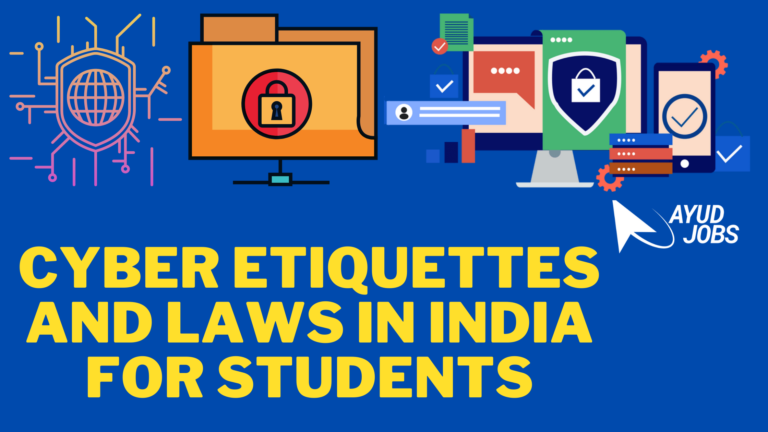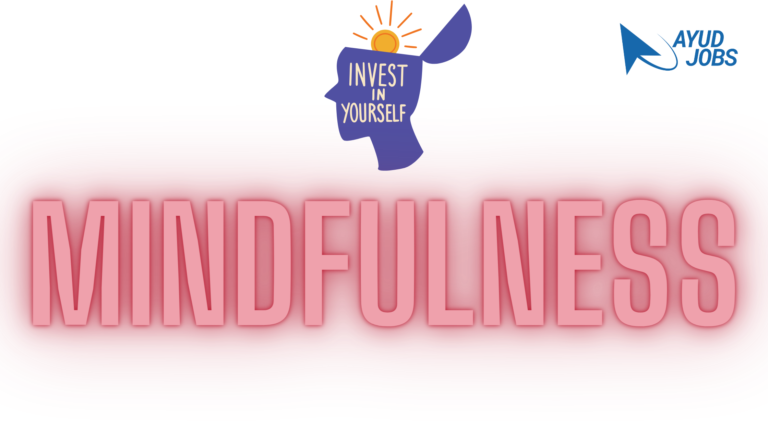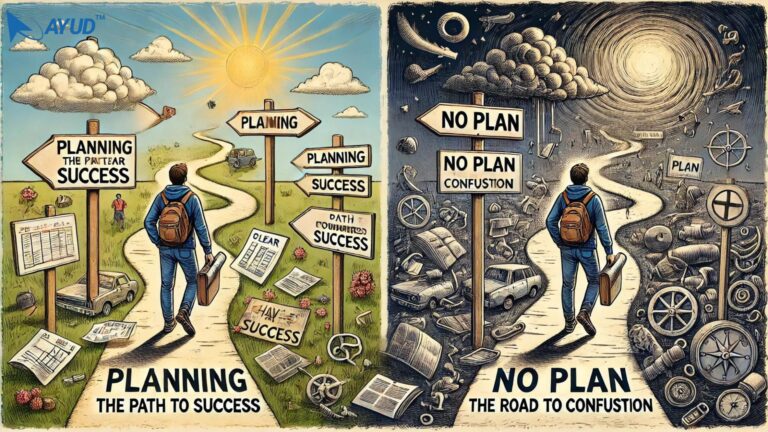Realistically Honest: Embracing Truth in Everyday Life
Realistically Honest: Embracing Truth in Everyday Life
Introduction
Honesty is a virtue we often hear about. But what does it mean to be realistically honest? It’s not just about telling the truth. It’s about embracing truth in a way that is both kind and constructive. Realistically Honest: Embracing Truth in Everyday Life. Let’s dive into what it means to be realistically honest and how we can adopt this practice in our lives.
What is Realistic Honesty?
Realistic honesty is the practice of telling the truth while considering the impact of your words. It’s about being truthful without being hurtful. This means you share your thoughts and feelings honestly, but you do it in a way that is respectful and considerate.
Why is Realistic Honesty Important?
Realistic honesty helps build trust. When people know you are honest, they are more likely to trust you. This can improve your relationships at work, with friends, and in your family. Moreover, being honest with yourself helps you grow. It allows you to recognize your strengths and work on your weaknesses.
How to Practice Realistic Honesty
Start with Yourself
To be realistically honest with others, you must first be honest with yourself. Reflect on your thoughts and feelings. Accept your flaws and celebrate your strengths. This self-awareness is the foundation of realistic honesty.
Use “I” Statements
When sharing your thoughts, use “I” statements. For example, instead of saying, “You are wrong,” say, “I see it differently.” This makes your honesty feel less like an attack and more like a personal perspective.
Be Kind and Constructive
Honesty should not be an excuse to be rude. Always aim to be kind and constructive. For example, if a friend asks for feedback on a project, instead of saying, “This is bad,” you could say, “I think this part could be improved by…”
Real-Time Example: The Workplace Scenario
Imagine you work in a team, and a colleague submits a project that you believe has significant flaws. Here’s how you can apply realistic honesty:
Acknowledge the Effort: Start by appreciating the effort they put into the project.
Be Specific: Point out specific areas that need improvement rather than generalizing.
Offer Solutions: Suggest ways to improve the flaws you’ve identified.
For instance, you could say, “I appreciate the hard work you’ve done on this project. I noticed that the data analysis section could be more detailed. Perhaps adding more recent data and expanding on the results could enhance the overall quality.”
The Power of Realistic Honesty in Personal Relationships
Realistic honesty can transform your personal relationships. It fosters trust and deepens connections. When you are honest about your feelings, it allows others to understand you better and reciprocate. Realistically Honest: Embracing Truth in Everyday Life.
Real-Time Example: A Friend in Need
Consider a situation where a close friend is making poor life choices. Instead of harshly criticizing them, you can use realistic honesty. Express your concern and offer support.
You might say, “I’ve noticed you’ve been struggling lately. I’m worried about the choices you’re making. I care about you and want to help. Can we talk about what’s going on?”
Benefits of Realistic Honesty
Builds Trust
When people know you are honest, they trust you more. This trust can strengthen your relationships.
Encourages Growth
Honesty helps you grow. By acknowledging your weaknesses, you can work on them. By recognizing your strengths, you can build on them.
Improves Communication
Realistic honesty improves communication. When you express yourself truthfully and kindly, it reduces misunderstandings.
Challenges and Solutions
Fear of Hurting Others
One common fear is that being honest will hurt others. To overcome this, focus on being kind and constructive. Frame your honesty in a way that is helpful rather than hurtful.
Fear of Rejection
Another fear is that people will reject you for being honest. Remember, those who value honesty will appreciate your realistic honesty. Over time, it will build stronger, more authentic relationships.
Conclusion
Realistic honesty is a powerful practice. It builds trust, encourages growth, and improves communication. By being honest with ourselves and others in a kind and constructive way, we can foster deeper, more meaningful relationships. Realistically Honest: Embracing Truth in Everyday Life. Embrace realistic honesty today and see the positive impact it can have on your life.
Real-Life Story: Embracing Realistic Honesty
Let me share a real-life story to illustrate the impact of realistic honesty.
John, a software developer, was working on a critical project. He was confident in his work, but when he presented it to his team, his manager, Lisa, saw several areas for improvement. Instead of criticizing John, Lisa used realistic honesty.
She started by acknowledging John’s hard work. “John, I appreciate the effort you put into this project. Your dedication is evident.” Then, she pointed out specific areas that needed work. “I noticed the code in this section could be optimized for better performance. Let’s look at how we can streamline this part.”
Finally, Lisa offered solutions. “Here are some resources that might help. Let’s work together to make these improvements.”
John felt respected and supported. He implemented Lisa’s suggestions, and the project was a success. This experience not only improved the project but also strengthened the trust and communication between John and Lisa.
How to Adopt Realistic Honesty in Your Life
Self-Reflection
Start by reflecting on your own honesty. Are you truthful with yourself? Do you acknowledge your strengths and weaknesses? This self-awareness is crucial.
Practice Kindness
When you’re honest with others, be kind. Think about how your words will impact them. Aim to be constructive, not critical.
Be Open to Feedback
Realistic honesty goes both ways. Be open to receiving honest feedback from others. This helps you grow and improve.
Use Positive Language
Frame your honesty in positive language. Focus on solutions and improvements rather than problems.
Build a Supportive Environment
Surround yourself with people who value honesty. This creates a supportive environment where realistic honesty can thrive.
Final Thoughts
Realistic honesty is more than just telling the truth. It’s about being truthful in a way that is kind, constructive, and respectful. By adopting realistic honesty, you can build stronger relationships, foster personal growth, and create a positive impact on your life and the lives of others. Start practicing realistic honesty today and experience the difference it can make.
#Honesty #Truth #PersonalGrowth #SelfAwareness #CommunicationSkills #Relationships #TrustBuilding #ConstructiveFeedback #ayud #ayudjobs #askayud #MultiLanguageSupport #ResumeBuilder #gotestit #ayudian #ayudblog
How to Use Ayud Jobs: A Comprehensive Guide
Join our what’s app channel for timely updates
Click here to install Ayud Jobs App from Playstore
Mastering Knowledge with GoTestIt: The Ultimate Self Evaluation Tool
How to Use Ayud Career Booster Application: A Comprehensive Guide







